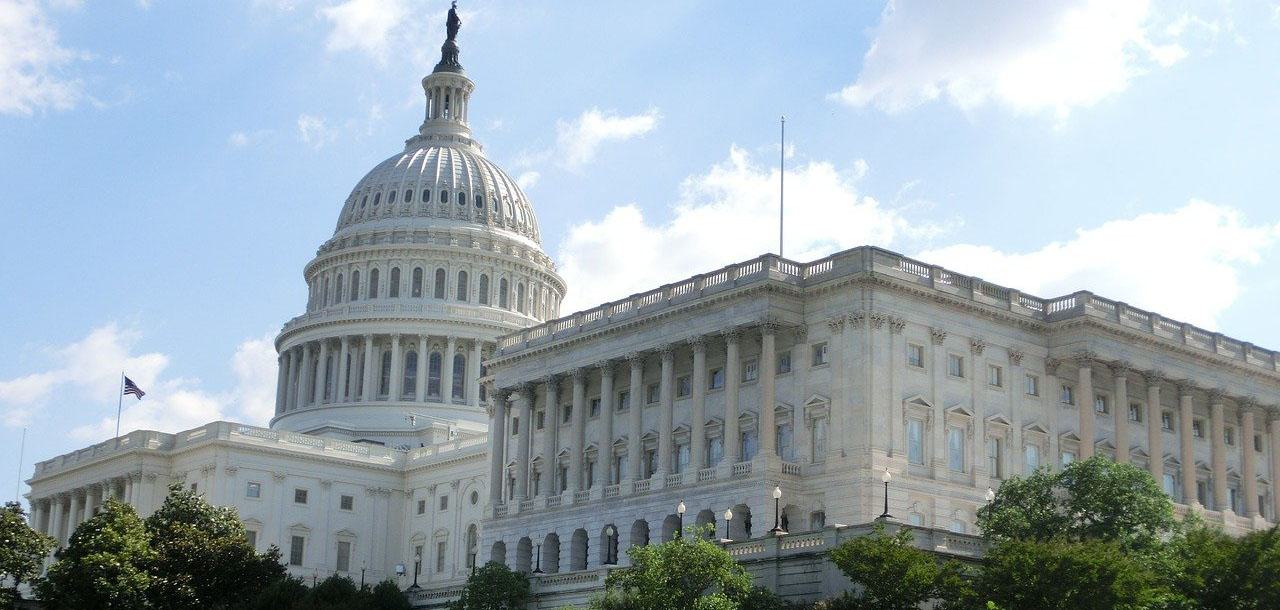Looking for a way to bypass Senate filibuster rules, U.S. House of Representatives Democrats have decided to sacrifice a NASA provision to try to pass voting rights legislation in the Senate.
“It’s an act of desperation on their part,’’ said Republican Congressman Gary Palmer (AL-06).
Congressman Don Beyer (D-Va.), chair of the House Science Committee’s space subcommittee, introduced H.R. 5746 in October, a bill designed to extend NASA’s authorization to enter into what is known as “enhanced use leases” (EULs) of agency property for 10 years. The House passed the bill by a voice vote on Dec. 8.
The Senate amended the bill, extending the EUL authorization by only three months instead of 10 years, and it passed by unanimous consent, sending it back to the House.
Then Democratic leadership of the House took the Senate-amended bill and removed NASA provisions, replacing them with the two voting rights bills now combined and called the “Freedom to Vote: John R. Lewis Act.”
Because the bill was previously considered by both chambers, it can proceed to Senate debate with a simple majority of 51 votes instead of the usual 60.
This is commonly known as a “shell’’ bill and will allow Senate Democrats to open debate on voting laws without giving Republicans an opportunity to filibuster.
The bill will still require 60 votes to pass in the Senate, however, and is expected to fail.
The amended bill now reads:
Resolved, That the House agree to the amendment of the Senate to the bill (H.R. 5746) entitled ``An Act to amend title 51, United States Code, to extend the authority of the National Aeronautics and Space Administration to enter into leases of nonexcess property of the Administration.'', with the following
SECTION 1. SHORT TITLE.
The bill then proceeds to substitute the original NASA-related bill with the text of the controversial voting acts that had stalled in the Senate.
“This should go down as one of the worst examples of political malfeasance ever attempted to be foisted on the American people,” Palmer said. “If this were to pass the Senate, it would make it even more difficult to defeat incumbents because the government would be pouring millions of taxpayer dollars into supporting incumbent campaigns, and Democrats will have permanently undermined the credibility of all future elections. … This is the equivalent of stealing future elections.”
Two Democrat Senators, Joe Manchin (D-W.Va.) and Kyrsten Sinema (D-Az) have said they would not support ending the filibuster, which requires 60-votes in the Senate to end debate and move a bill to a floor vote. That appeared to effectively end Democrats’ attempt to pass the “Freedom to Vote Act” and the “John Lewis Voting Rights Advancement Act,’’ bills Republicans say would thwart state laws that Democrats claim make it harder for people to vote.
The bill would give the federal government more control over state voting procedures, imposing a federal election code on all 50 states, including banning Alabama’s photo ID requirement.
Congresswoman Terri Sewell (D-AL07), who introduced the John R. Lewis Voting Rights Advancement Act, said in October of 2021 that the act should be passed to restore full protections of the Voting Rights Act.
"This is straightforward, commonsense legislation to address the Supreme Court’s decisions and to ensure that the Voting Rights Act continues to have the effect long intended: to protect the right to vote," said Sewell. “The right to vote is at the core of our democracy and should never be a partisan issue.”
Republicans characterize the proposals as federal overreach and say Democrats are giving a distorted picture of states’ attempts to bolster election integrity, citing record participation by minority voters in the 2020 election.
In removing NASA from the bill, NASA’s EUL authority has lapsed and the agency cannot enter into new leases until that authority is renewed. NASA had signed leases for 65 properties as of 2019 to private companies, government agencies, or educational institutions, providing NASA with nearly $11 million in revenue.
Beyer issued a statement on Jan. 13 saying that, while did not expect this to happen, he approves of the action by Democrat leadership.
“Though I did not expect this outcome when I first introduced the NASA Enhanced Use Leasing Extension Act, if my legislation will help overcome the filibuster, the Senate can finally have the long-overdue debate on voting rights this country deserves,” Beyer said. “I would be honored to make this unexpected contribution to the cause of protecting our democracy.”
It’s unclear what happens to NASA’s EUL authority, which lapsed Dec. 31, meaning that the agency cannot enter into new leases until that authority is renewed.
To connect with the author of this story, or to comment, email news@1819News.com.










